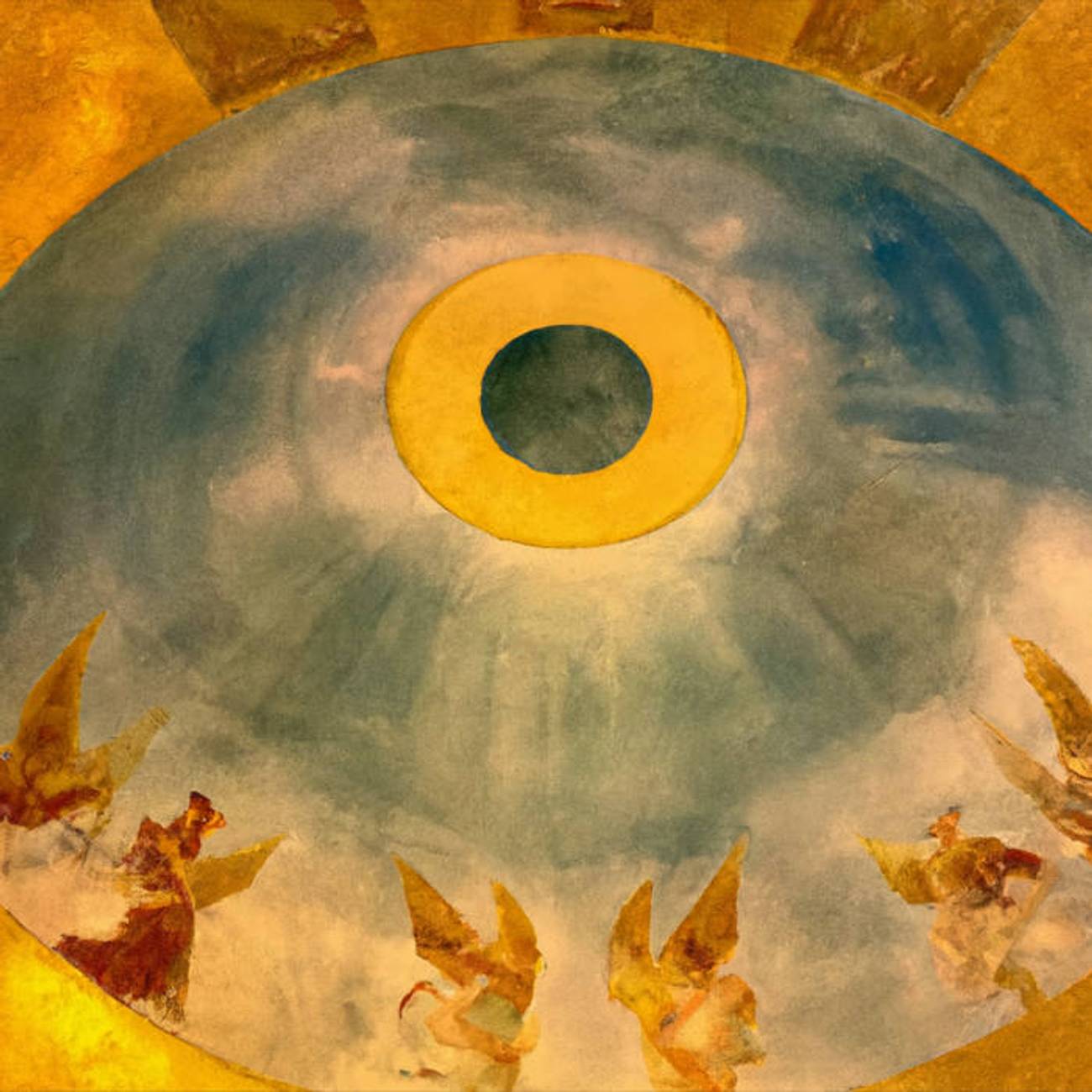American Quartet
In his latest project, the guitarist of a band deemed too wild for Israel takes on Antonín Dvořák’s string melodies




Was music better in the 2000s, or was I merely just in college and trying to form an identity? The truth probably lies somewhere in the middle. But I remember the music of the aughts as something wild, being created with a desperate urge. An urge to get laid, sure, an urge to party, but also an urge to just exist. And there was no band with a greater urge than Monotonix.
They were the Israeli band too wild for Israel, having been banned, officially and unofficially, from most venues in the country. They took their clothes off, took audience members’ clothes off, started pouring beer into shoes and chugging it, got on tables, got on bars, swung from rafters, broke stuff, broke their own bodies, and were eager to push the physical and material limitations of playing a rock concert in the modern era.
I saw them once in college and was struck by the riotous performance. Unsure of how to react, I went up to guitarist Yonatan Gat, and, awestruck, I asked him quite stupidly, “Atah HaShem?” Are you God? He quickly shook his head, perhaps annoyed that some Jewish kid was trying to show off his limited Hebrew with such a dumb question.
Gat wasn’t God, he was an immigrant. His latest album is a tribute to his adopted homeland, something I couldn’t have possibly imagined seeing way back when: an earnest, excited, and loving version of Antonín Dvořák’s String Quartet No. 12, better known under the name Gat gives his album, American Quartet.
In 1891, Dvořák, an internationally renowned Czech composer, agreed to become the director of the National Conservatory of Music of America in New York, a then-very new organization in the old world of compositional music. The conservatory made up for its youth by offering Dvořák an exorbitant salary, nearly half a million dollars by today’s standards.
Dvořák loved his American sojourn, which lasted from 1892-95. He especially loved that he was able to write four months of vacation each year into his contract. In 1893, he split from the hustle and bustle of New York and escaped to Spillville, Iowa, a town mostly of Czech-speaking Bohemian immigrants.
He was deeply moved by the area’s rolling hills and peaceful spirit. He wrote String Quartet No. 12 in a little over two weeks, influenced by Native and African American melodies, and created a rollicking work based on repetition and momentum, leading some to say that the work was a precursor to the iconic music of Westerns.
“Since the first time I heard the American Quartet it sounded like rock ’n’ roll melodies,” Gat recently told Brooklyn Vegan. He wanted to create the work as if it was a rock album, which meant “performing the 19th-century string quartet live from start to finish on electric guitar, bass, organ and drums; adding some improvisation and vibe, but following the melodies and the harmonies quite truthfully.”
Compare the mesmerizing opening of “Allegro ma non troppo” between the two and it’s easy to see what Gat is talking about. In the original, a viola ripples, calling to mind the waves created by a rock thrown in a pond. A simple, folklike tune presents a rustic feel. In Gat’s version, his guitar stands out. It’s no longer a ripple, but an electric wave. The tune is the same, but the change in instruments gives the music the feel of a chase. If one is walking through the rolling hills and seeing nature, the other is driving through the terrain on the open road.
The piece’s second movement, “Lento,” is most associated with Native and Black music. Gat’s version is given the title “Slow American Movement,” and it has the feeling of a jam session. Melodies are explored over and over again, with Gat’s guitar and Curt Sydnor’s organ trading off to create an otherworldly sound, at times light and by its end, very heavy.
It’s a fascinating project, one that could function as something to be focused on solely, or in the background of a working office. It might sound like an insult to say American Quartet is background music, because it’s music that is central to the American experience. It deserves to be in the air around us, and you, dear reader, deserve to experience the joy that Dvořák and Gat have found in their complicated, gorgeous, second homes.
David Meir Grossman is a writer living in Brooklyn. His Twitter feed is @davidgross_man.